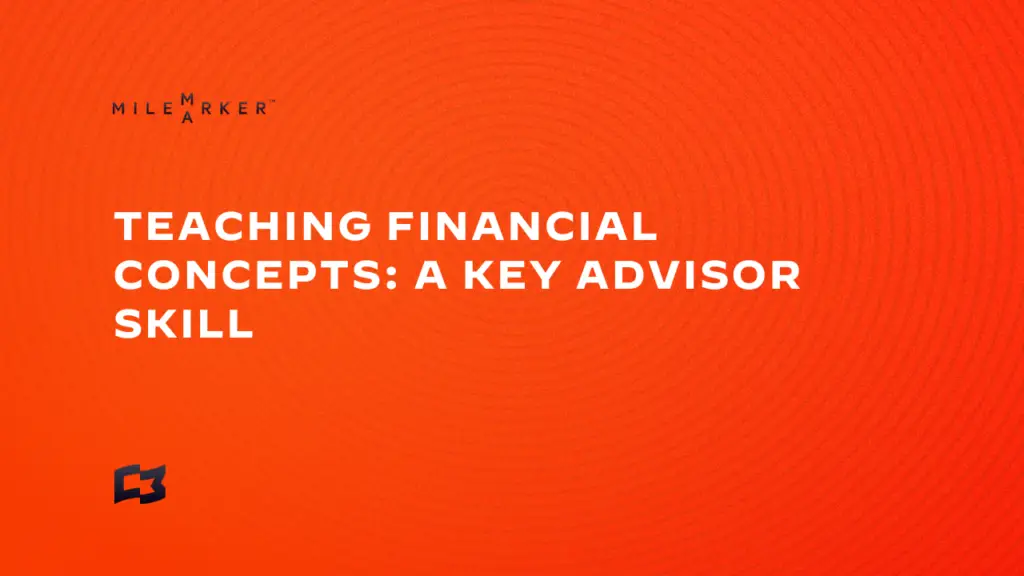Effective financial advisors are not just strategists—they are educators. In a world where financial decisions are often complex and intimidating, Paula Nangle emphasizes the importance of advisors helping their clients understand not just the “what,” but also the “why” behind financial strategies. In this article, we’ll dive into how prioritizing financial education builds trust, empowers clients, and creates long-lasting advisor-client relationships.
The Power of Education in Financial Advisory
One of the most significant skills an advisor can have is the ability to explain complex financial concepts in simple, relatable terms. Paula highlights that the value of education lies not only in imparting knowledge but in fostering understanding. When clients comprehend the reasoning behind financial decisions—such as investment strategies or retirement planning—they are more likely to trust the process and actively participate in their financial planning.
Building Trust Through Transparency
Transparency is a cornerstone of a strong advisor-client relationship. By teaching clients about their financial decisions, advisors help demystify the process, reducing feelings of uncertainty or skepticism. Clients who are well-educated on the choices being made in their financial strategy are more confident in their advisors and, ultimately, more likely to stay engaged in their financial journey. Paula’s approach underscores the importance of clear communication in fostering trust.
Empowering Clients to Take Control of Their Financial Future
One of the most rewarding outcomes of financial education is empowering clients to take charge of their own financial future. Paula believes that when clients understand financial principles, they become more proactive, asking the right questions and making informed decisions. This sense of empowerment leads to more collaborative relationships, where advisors and clients work together to reach long-term goals.
The Long-Term Impact of Financial Education
Investing in financial education pays off long-term, not only for clients but for advisors as well. Educated clients are more likely to follow through on the financial plans created together, leading to better outcomes and more successful financial strategies. For advisors, this creates stronger, ongoing relationships and a higher rate of client retention.
These insights are inspired by the latest episode of The Connected Advisor podcast featuring Paula Nangle, President and Senior Wealth Advisor at Marshall Financial. Dive deeper into overcoming cultural shifts in financial advisory services. Listen to the full episode here and explore more articles in this series.

